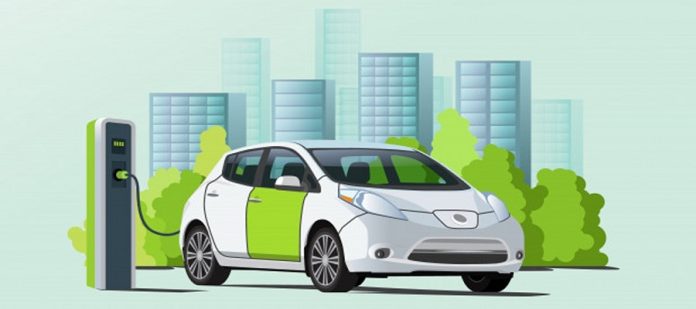In a significant stride towards promoting eco-friendly transportation, the Bihar government has given its nod to a comprehensive Electric Vehicle (EV) policy. The policy is strategically designed to create an enabling environment for electric vehicles, with a particular emphasis on establishing a robust network of charging stations across the state.
Under the visionary leadership of Chief Minister Nitish Kumar, the State cabinet approved the Electric Vehicle Policy and simultaneously cleared a proposal from the Transport Department to procure 400 electric buses under the PM-eBus Sewa scheme. This initiative aims to reduce dependence on traditional petrol and diesel-powered public transport vehicles.
The Bihar Electric Vehicle Policy, charting a course for sustainable transportation, outlines ambitious objectives for the next five years, reaching its pinnacle in 2028. The policy sets a goal of having 15% of all new vehicles registered in Bihar by 2028 be electric vehicles.
To encourage the adoption of electric vehicles, the EV policy introduces several measures. These include subsidies on Motor Vehicle Tax of up to 75% and purchase incentives of up to ₹1.25 lakh for the first 1,000 personal four-wheeler EVs. Similar benefits are extended to the first 10,000 personal two-wheeler EVs, with subsidies on Motor Vehicle Tax up to 75% and purchase incentives up to ₹10,000.
Chief Minister Nitish Kumar, a proponent of environmental conservation, has been utilizing an electric vehicle for his travels in Patna for the past four years, setting an example for the citizens.
Transport Secretary Sanjay Kumar Agarwal highlighted the broader objectives of the EV policy, stating, “The Bihar Electric Motor Vehicle Policy aims to promote an electric vehicle transport system in the State, complemented by accessible EV charging infrastructure. It seeks to enhance environmental quality by mitigating air pollution while fostering startups and investments in the electric mobility sector and its associated support industries.”
Public Charging Stations and Renewable Energy Initiatives
To make electricity more affordable for power charging stations, the policy provides a 30% subsidy on power tariffs for public and semi-public charging stations during the initial three years. This subsidy extends to the establishment of electric charging stations in residential apartments, with various government departments setting up public charging stations on government-owned land.
The policy also promotes the use of renewable energy for EV charging stations, setting approved tariff rates for high-tension EV charging stations at ₹8/KvA for the financial year 2023-24. Additionally, provisions for incentives for scrapping EVs and their components are outlined in the policy.
International Recognition at COP-28
The draft of the EV policy, crafted in 2022, received contributions from international expert agencies, including the World Resources Institute (WRI) India. WRI India CEO Madhav Pai showcased the Bihar Electric Vehicle Policy during a session at the United Nations Climate Change Conference of the Parties (COP-28) in Dubai on Tuesday.
The Bihar government’s unveiling of this comprehensive EV policy underscores its commitment to fostering sustainable practices, promoting green transportation, and contributing to global efforts in combating climate change.








